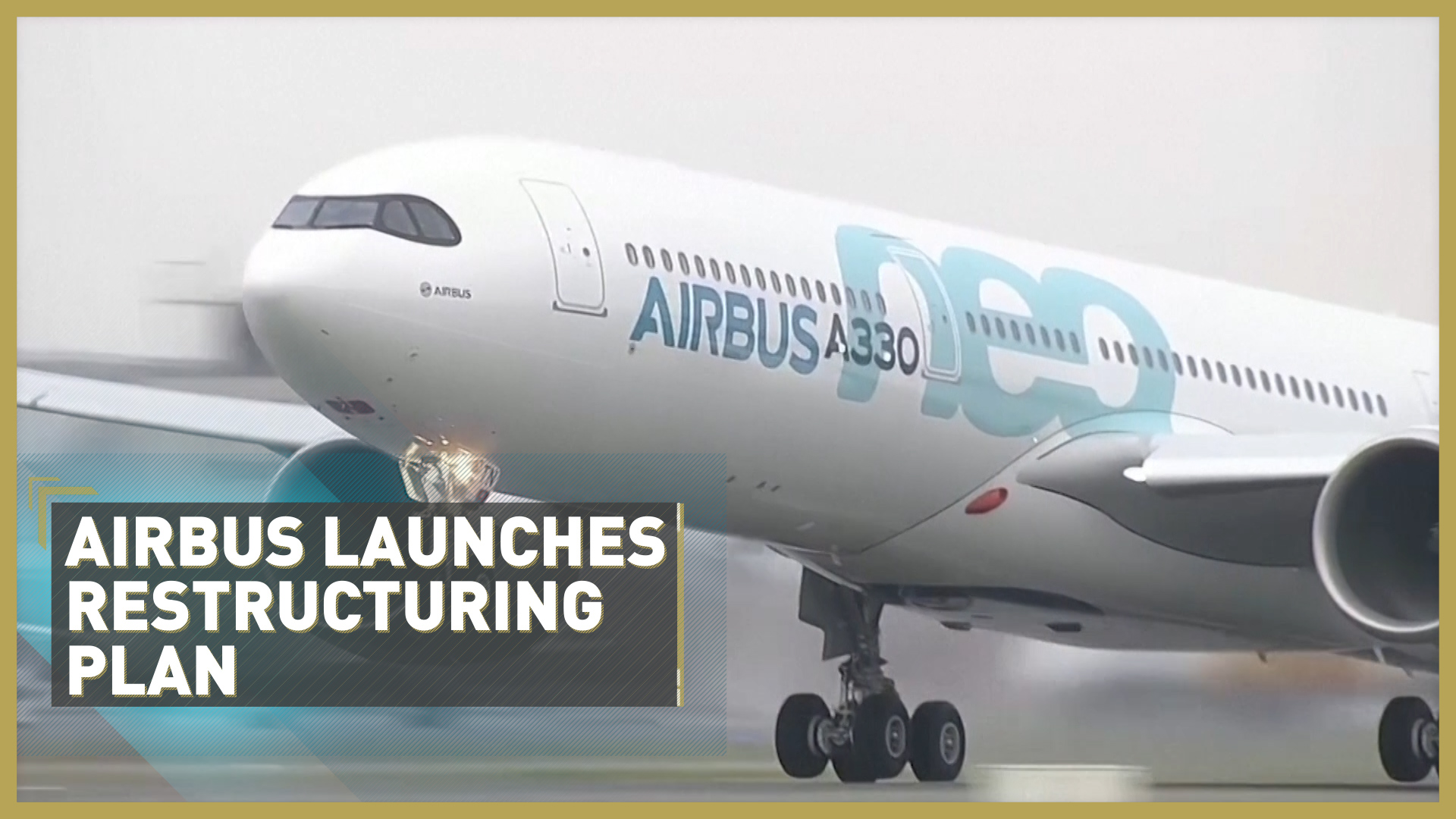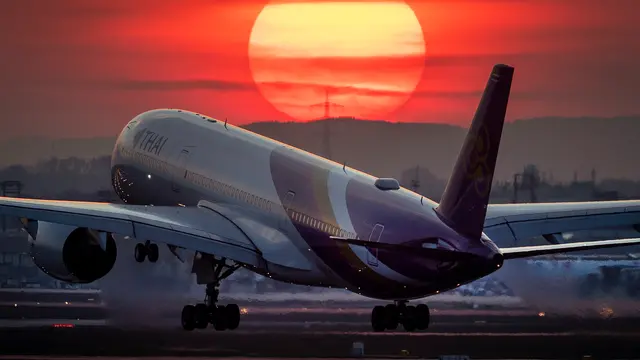02:10

Airbus will cut 15,000 jobs, as the European aircraft maker tries to secure its future amid the coronavirus crisis.
Job losses
The company has outlined plans to shed nearly 15,000 posts. Germany is set to suffer 5,100 job losses, France will lose 5,000 and there will be nearly 4,000 other positions cut at Airbus sites across the world.
The company's CEO, Guillaume Faury, said: "Given the scale of the crisis and the share of our business that has disappeared for the foreseeable future, there's still a need for adaptation. This means we consider that a reduction of positions cannot be avoided."
Factory closures
In the early stages of the pandemic, Airbus temporarily closed some production facilities in Europe and laid off some workers in the U.S.. When the French and Spanish factories did reopen, it was at a lower production output than before, once sanitary measures and social-distancing restrictions were put in place.
Overall output has been hit as well, with commercial aircraft business activity dropping by close to 40 percent in recent months, meaning production rates have been adapted accordingly.
Aid request
In June, the French government outlined plans for a support package for the aerospace industry worth $17 billion, which was welcomed by Airbus.
In the press statement accompanying the 30 June jobs announcement, the company said it was "grateful for the government support that has enabled the company to limit these necessary adaptation measures."
But the French government said, while it does stand by Airbus, the rescue fund should not be used to finance job cuts.
Shift to smaller planes
Air France has already stopped flying the Airbus A380, the world's biggest passenger plane, and orders from other airlines for the superjumbo have dried up.
Carriers are shifting away from the most expensive, most polluting and least-profitable aircraft, despite the comfort, quiet and space it afforded customers.
Air France has been urged by the government to fly greener, cheaper aircraft and this will allow Airbus to continue to service customers with new planes such as the A350 XWB.
 简体中文
简体中文


